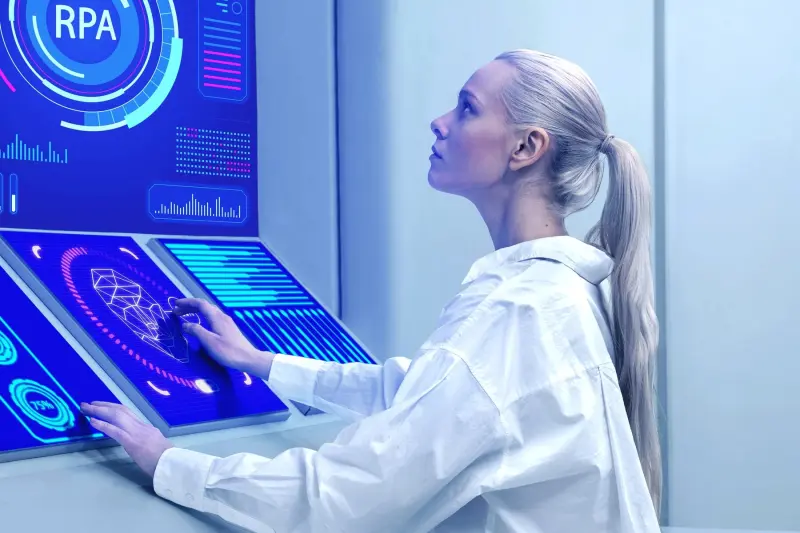
The role of artificial intelligence in green innovation
As the world faces increasingly pressing environmental challenges, the need for innovative solutions has never been greater. Artificial Intelligence (AI) is emerging as a powerful tool in driving green innovation, offering solutions that can accelerate sustainability efforts across industries. From optimizing energy use to developing new eco-friendly technologies, AI is playing a pivotal role in reshaping the way we approach environmental issues.
One of the most significant contributions of AI to green innovation is its ability to optimize energy consumption. AI algorithms can analyze vast amounts of data from buildings, factories, and cities to detect inefficiencies and recommend ways to reduce energy use. Smart grids powered by AI can adjust energy distribution in real-time, ensuring that renewable energy sources, such as wind and solar, are used efficiently. By reducing energy waste and improving grid stability, AI contributes to a significant decrease in carbon emissions.
AI is also helping in the development of sustainable agriculture practices. Through machine learning and data analytics, AI can monitor and predict crop growth, identify diseases, and optimize irrigation. By precisely targeting the amount of water, fertilizers, and pesticides needed, AI helps reduce resource waste and environmental impact. AI-powered drones and robots can also assist in precision farming, further minimizing the carbon footprint of agriculture.
In the transportation sector, AI is driving the shift toward cleaner and more efficient mobility solutions. Autonomous electric vehicles (EVs) and AI-powered traffic management systems are reducing congestion and emissions in urban areas. By analyzing traffic patterns in real time, AI can help optimize routes for public transportation and delivery services, ensuring less fuel consumption and a reduction in greenhouse gas emissions. Furthermore, AI is supporting the development of autonomous vehicles that run on electricity, reducing the need for fossil fuels.
Waste management is another area where AI is having a significant impact. AI-powered robots and smart systems are helping sort recyclable materials more effectively, ensuring that valuable resources are reused rather than ending up in landfills. Additionally, AI is enabling better tracking of waste, allowing cities to create more efficient and sustainable waste disposal systems.
The circular economy is a concept that AI is helping to bring to life. By analyzing data on product life cycles, AI can help identify opportunities to reuse, refurbish, and recycle materials. This approach not only reduces waste but also helps conserve natural resources, promoting a more sustainable and responsible consumption model.
Lastly, AI in research and development is accelerating the discovery of new green technologies. Through the use of machine learning and data analysis, AI can rapidly identify new materials, energy sources, or manufacturing processes that are more sustainable and environmentally friendly. AI can also predict the long-term environmental impacts of these innovations, ensuring that they meet sustainability goals.
In conclusion, AI is playing an indispensable role in driving green innovation across various sectors. From energy optimization to sustainable agriculture and waste management, AI is helping industries transition to more eco-friendly and efficient practices. As technology continues to evolve, its potential to contribute to a greener future is vast, offering solutions that are both innovative and sustainable.
Subscribe